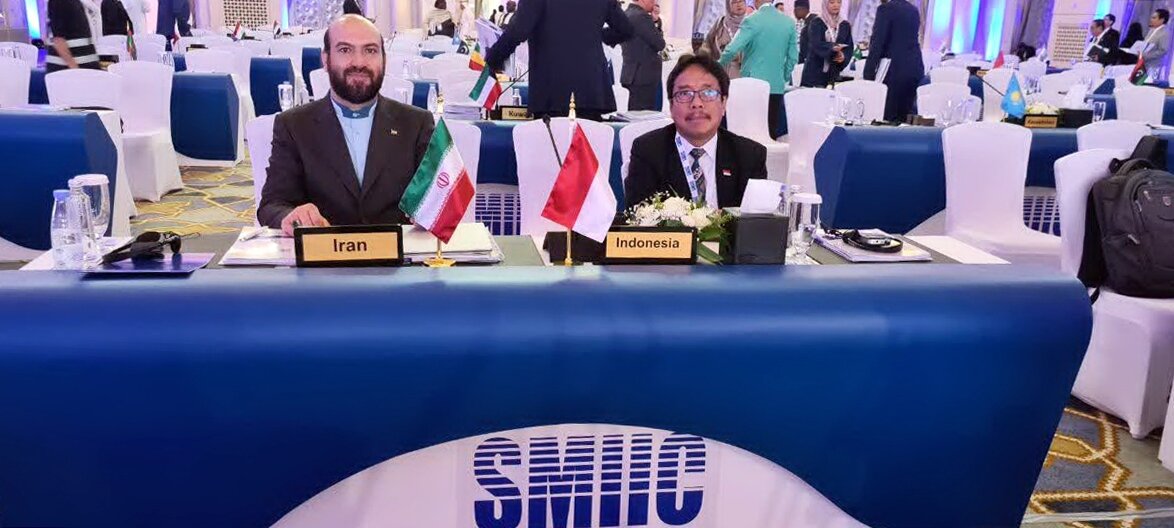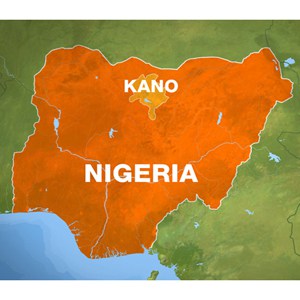By Irwandi Jaswir, Kuala Lumpur /Antara/FB Anggoro
The Muslim population reached 1.83 billion out of the world’s 6.5 billion people in 2018, with an average annual birth growth rate of about 1.80 percent. Undoubtedly, the halal food trade is growing fast at 20 percent annually.
The value of the global halal product market is estimated at US$4.5 5 trillion, excluding Islamic banking, with food and beverages accounting for 67 percent, pharmaceuticals 22 percent and personal care and cosmetics 10 percent. However, the lucrative market of the halal industry is also facing a huge challenge, as various halal standards are being implemented globally.
5 trillion, excluding Islamic banking, with food and beverages accounting for 67 percent, pharmaceuticals 22 percent and personal care and cosmetics 10 percent. However, the lucrative market of the halal industry is also facing a huge challenge, as various halal standards are being implemented globally.
A study on current halal standards shows an increasing awareness in countries and organizations globally about establishing their own halal standards. As such, it is not surprising to find within a country more than one halal certification body and more than one set of halal standards.
However, this trend is of a grave concern for halal industry players, especially practitioners, stakeholders, sharia advisors in general and Muslim customers in particular.
In some Muslim majority countries like Malaysia and Indonesia, the halal standards are established and set by the standard bodies in the respective countries. These halal standards are then implemented by the certification bodies. Some countries share standards. The halal standards by the Standards and Metrology Institute for the Islamic Countries (SMIIC) of the Organization of Islamic Cooperation are adopted by many countries.
In certain non-Muslim majority countries, halal standards are not established by any regulating bodies. This is due to the fact that most governments of those countries are ignorant or oblivious to issues related to the halal industry. Instead of establishing new halal standards and implementing these standards through local certification bodies, some prefer to adopt the halal standards certified internationally by other countries such as Malaysia or Indonesia or the SMIIC.
In the worst-case scenario, some countries do not have official halal standards at all. In countries that are oblivious to halal issues relevant to the minority Muslim population, the governments do not condone the adoption of the standard operating procedure for implementing halal certification and halal auditing. This practice negates the spirit and virtues of sharia without clear and defined halal standards that are binding to the whole nation, especially the Muslim community at large.
The issue of establishing international halal standards through a single regulatory body or harmonizing halal standards internationally has been widely discussed globally for several years. The ideal scenario is to agree on halal standards that are globally recognized and accepted by relevant regulating bodies in every country.
After years of creation, drafting and implementing the framework globally, the International Organization for Standardization is one example of standards that are adopted and globally recognized by all countries. However, realizing this vision is next to impossible.
On the one hand, this lackadaisical attitude is due to the disparity and disagreements within the global Muslim community regarding the different interpretations of various mazhab (Muslim sects) on issues of Islamic jurisprudence.
On the other hand, countries claiming to have the best standards may lead to unfriendly competition among countries. This is not a healthy development and this phenomenon will divide the Muslim world further, depriving Muslim minorities in a non-Muslim majority countries of the chance to consume halal products.
There is an interesting case involving my friend from Korea, a cosmetic entrepreneur who had Jakim (Malaysian halal certification body) certification for her products. However, when she attempted to enter the Indonesian market, she was told to obtain Indonesian halal certification (LPPOM MUI). It prompted her to ask me, “What’s the difference between Islam in Malaysia and in Indonesia?”
In my observation, many countries are more than willing to adopt the certification of other countries. I also found that the difference in interpretations of various mazhab hovers around less than 10 percent of all the issues related to Islamic jurisprudence. Therefore, strong political will is needed among all governments to realize the vision of implementing common halal standards and certification across the world.
Halal standards serve as an official reference for halal certification. The standards are developed for each sector of the industry, such as food, cosmetics, slaughter houses, restaurant kitchens, Muslim friendly tourism, etc. It begins by identifying all the halal critical control points.
As halal standards are developed by a particular country, they are only applicable in that particular country.
The various halal standards pose a barrier to companies seeking to enter the international halal market because of its implications for the costs of starting and operating a business in different countries. The time lost getting halal certification and the additional costs incurred are a setback for the halal industry. Indirectly it has jeopardized the reputation of Islam.
Therefore, a high level of harmonization between different halal standards must be pursued and realized by all countries, with the Islamic countries setting the directions for one set of halal standards acceptable and recognized by all countries.
Without this, halal businesses and the halal industry will be affected badly. With no single standard rulebook for halal standards and halal certification, coupled with multiple halal trademarks and logos, businesses and consumers alike are in a quandary.
_______________________
Irwandi Jaswir is an Indonesian professor at the International Islamic University Malaysia and King Faisal International Prize laureate 2018



